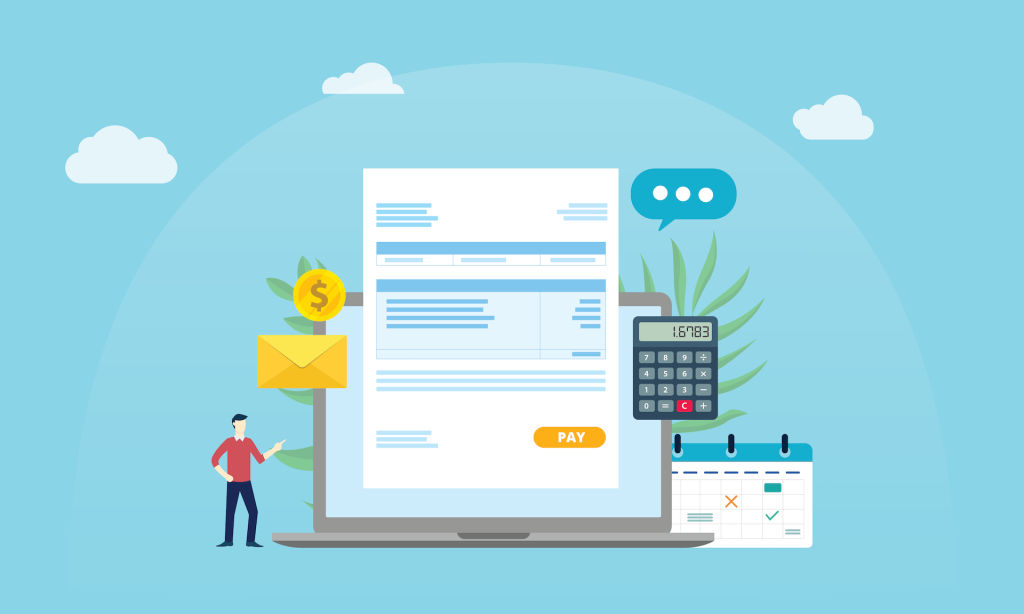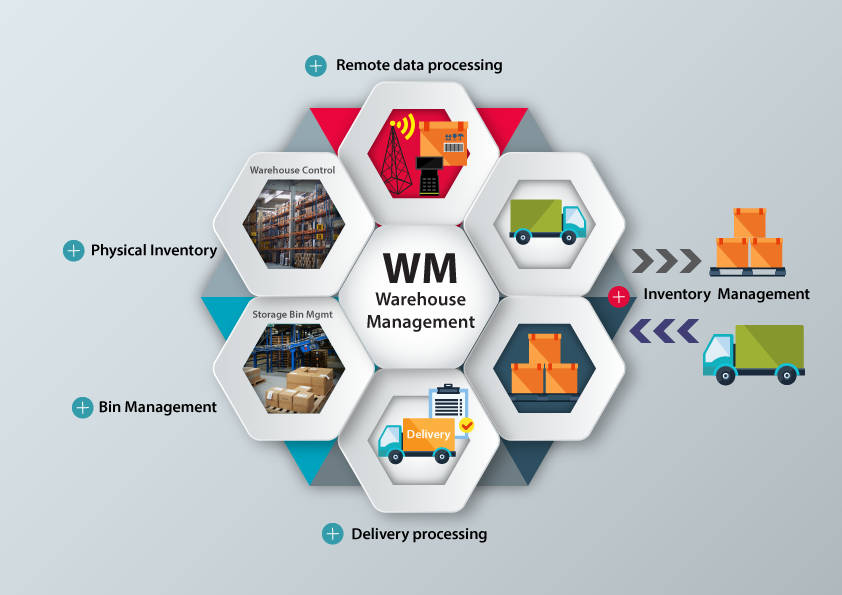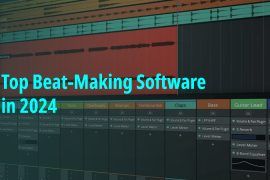Efficient payroll management is a critical aspect of running any business. Payroll service providers and accountants play a pivotal role in ensuring that employees are accurately compensated and tax obligations are met promptly. To streamline this process, specialized payroll software has emerged, offering advanced features to simplify calculations, deductions, tax compliance, and reporting. In this article, we will look into the 20 best payroll software options available for payroll service providers and accountants, highlighting their features, benefits, and why they stand out in the market.
Table of Contents
Top 20 Best Payroll Software

ADP Workforce Now
Features: ADP Workforce Now is a comprehensive platform that offers end-to-end payroll solutions, benefits administration, and human resources management. It includes features such as payroll processing, tax compliance, time and attendance tracking, benefits administration, and employee self-service.
Cost: The cost of ADP Workforce Now varies based on the size of your organization and the specific features you require. Pricing is available upon request and can be tailored to your needs.
Gusto
Features: Gusto is known for its user-friendly interface and comprehensive features. It automates payroll, benefits, and HR tasks, including payroll processing, tax calculations, direct deposit, benefits management, and employee onboarding.
Cost: Plans start at a base price plus a per-employee fee.
QuickBooks
Features: QuickBooks Payroll seamlessly integrates with QuickBooks accounting software. It offers accurate payroll calculations, tax filing, automatic updates, and compliance with tax laws.
Cost: QuickBooks Payroll pricing varies based on the plan you select—Self-Employed, Simple Start, Essentials, or Plus. Each plan has a monthly subscription fee.
Paycor
Features: Paycor offers a versatile platform catering to businesses of all sizes. It provides payroll processing, HR management, timekeeping, reporting, and compliance assistance.
Cost: Custom pricing is available upon request.
Paychex
Features: Paychex Flex provides scalable payroll solutions, for small businesses to large enterprises. It offers payroll processing, tax services, HR management, employee self-service, and mobile access.
Cost: Paychex Flex’s pricing is customized based on your organization’s requirements.
SurePayroll
Features: SurePayroll is designed for small businesses, offering easy-to-use payroll and tax services. It includes online payroll processing, tax calculations, direct deposit, and compliance support.
Cost: SurePayroll’s pricing depends on the number of employees and the frequency of payroll processing. They offer a subscription-based pricing model.
Patriot Software
Features: Patriot Software offers payroll and HR solutions with affordable pricing. It includes payroll processing, tax filing, time and attendance tracking, and employee self-service.
Cost: Patriot Software’s pricing is based on the number of employees you have and the services you require. They offer both basic and full-service payroll options.
Workday
Features: Workday is a cloud-based platform that combines payroll, HR, and financial management. It’s suitable for larger enterprises and offers comprehensive HR and payroll features.
Cost: Workday’s pricing is typically customized based on the organization’s size and needs. You’ll need to request a quote for specific pricing details.
Rippling
Features: Rippling offers not only payroll services but also employee management and IT automation. It includes payroll processing, benefits administration, employee onboarding, and device provisioning.
Cost: Rippling’s pricing varies based on the number of employees and the features you choose. They offer customized pricing for each organization.
BambooHR
Features: BambooHR focuses on HR management but also includes payroll features suitable for small to medium-sized businesses. It offers employee records management, onboarding, and benefits tracking.
Cost: BambooHR’s pricing depends on the number of employees and the features you need. They offer different plans with varying levels of functionality.
Square Payroll
Features: Square Payroll is integrated with Square’s point-of-sale systems. It offers seamless payroll processing, tax calculations, direct deposit, and benefits administration.
Cost: Square Payroll’s pricing is straightforward and includes a monthly subscription fee plus a per-employee charge.
Xero Payroll
Features: Xero Payroll is known for its strong accounting features. It provides payroll processing, tax calculations, employee self-service, and integration with Xero’s accounting software.
Cost: Xero Payroll’s pricing is based on the Xero plan you choose, which includes accounting and payroll. Plans start at a monthly subscription fee.
Zenefits
Features: Zenefits combines HR, benefits, and payroll functionalities. It includes payroll processing, benefits administration, compliance support, and employee self-service.
Cost: Zenefits offers different plans with varying levels of features. Pricing is based on the number of employees and the plan you select.
RUN Powered by ADP
Features: RUN Powered by ADP is designed for small businesses, offering easy payroll setup and management. It includes payroll processing, tax filing, and compliance assistance.
Cost: ADP’s pricing for RUN varies based on the number of employees and the features you need. They offer different packages with different pricing tiers.
OnPay
Features: OnPay provides full-service payroll and tax filing solutions. It includes payroll processing, tax calculations, benefits administration, and employee self-service.
Cost: OnPay’s pricing is based on the number of employees and the features you require. They offer a transparent monthly subscription fee.
Namely
Features: Namely caters to mid-sized businesses with payroll, HR, and benefits administration. It offers payroll processing, employee records management, compliance assistance, and reporting.
Cost: Namely’s pricing is customized based on the organization’s size and needs. You’ll need to request a quote for specific pricing details.
Kronos Workforce Ready
Features: Kronos Workforce Ready offers workforce management alongside payroll capabilities. It includes payroll processing, time and attendance tracking, scheduling, and compliance support.
Cost: Kronos’ pricing is based on the size of your organization and the features you require. You’ll need to contact their sales team for detailed pricing information.
Ceridian Dayforce
Features: Ceridian Dayforce is a comprehensive solution for payroll, HR, benefits, and workforce management. It includes payroll processing, benefits administration, compliance support, and employee engagement tools.
Cost: Ceridian’s pricing is customized based on the organization’s size and requirements. You’ll need to request a quote for specific pricing information.
Wave
Features: Wave offers free payroll software that is a great option for small businesses with basic payroll needs. It includes payroll processing, tax calculations, and direct deposit.
Cost: Wave’s payroll software is free to use, but there may be charges for additional services such as tax filing and direct deposit.
APS Payroll
Features: APS Payroll is known for its robust compliance features. It offers payroll processing, tax calculations, benefits administration, and HR management for various industries.
Cost: APS Payroll’s pricing is tailored to your organization’s size and needs. You’ll need to request a quote for specific pricing details.
Key Considerations
Scalability: Payroll needs can change as a business grows. The chosen software should be capable of accommodating an increasing number of employees and the complexities associated with larger organizations.
Automation: Automation reduces manual tasks, minimizes errors, and saves time. Look for software that automates payroll calculations, tax deductions, and compliance updates.
Tax Compliance: Tax laws can be complex and subject to change. The software should have accurate tax calculations and ensure timely and accurate filing to avoid penalties and legal issues.
Integration: Seamless integration with existing systems, such as accounting and timekeeping software, ensures smooth data flow and reduces duplication of efforts.
User-Friendly Interface: An intuitive interface is crucial for user adoption. The software should be easy to navigate, minimizing the learning curve for both payroll professionals and clients.
Employee Self-Service: Providing employees with access to their pay stubs, tax forms, and other information empowers them and reduces administrative workload.
Reporting: Robust reporting features enable the generation of insights for decision-making and compliance. Look for software that offers customizable reports and analytics.
Customer Support: Reliable customer support is essential. Payroll issues can have time-sensitive implications, so responsive and knowledgeable support is crucial for troubleshooting and assistance.
Security: Payroll data contains sensitive information. Ensure that the software employs strong data encryption, secure storage practices, and compliance with data privacy regulations.
Cost: The cost of the software, including subscription fees, licensing costs, and additional charges for specific features, should align with the value it provides to the organization.
Compliance Features: Different industries have varying compliance requirements. Choose software that offers features specific to your industry’s regulations, such as healthcare or overtime rules.
Customization: Every business has unique payroll needs. The software should allow for customization, such as adding specific deductions, benefits, or pay codes.
Mobile Accessibility: In a modern work environment, access to payroll data on mobile devices is crucial. Ensure that the software has a mobile app or responsive design.
Audit Trail: An audit trail feature helps track changes made to payroll data, ensuring transparency and accountability.
Employee Benefits Management: For organizations offering benefits, look for software that can manage benefits administration alongside payroll.
Multi-Jurisdictional Support: If the organization operates in multiple locations, the software should support different tax jurisdictions and legal requirements.
Ease of Implementation: Consider the implementation process. Some software might require significant setup and training time, while others are more straightforward.
Data Import/Export: The ability to import and export data in various formats can be crucial for data migration or integration with other systems.
Regulatory Updates: Payroll regulations change regularly. Choose software that provides automatic updates to keep up with the latest legal requirements.
Trial Period: Whenever possible, opt for software that offers a trial period. This allows you to test its functionality and suitability for your organization’s needs before committing.
Conclusion
As we conclude, In the realm of payroll management, payroll service providers and accountants require sophisticated software solutions that address complex calculations, compliance issues, and reporting needs. The 20 payroll software options outlined in this article offer a range of features to cater to businesses of varying sizes and industries. By selecting the right software, payroll professionals can streamline operations, reduce errors, and ensure that employees are paid accurately and on time while meeting all tax and legal obligations. It’s crucial to thoroughly assess the features, benefits, and pricing of each software to determine the best fit for specific business requirements.
Also Read
AI at the Desk: Transforming Corporate Workflows for Greater Productivity






